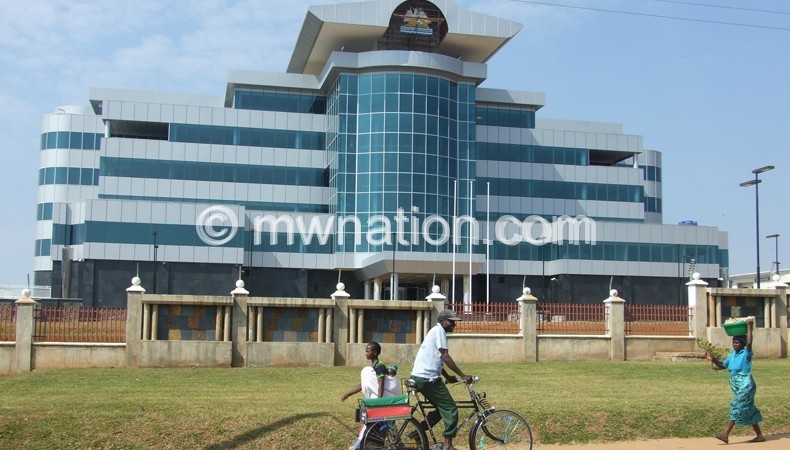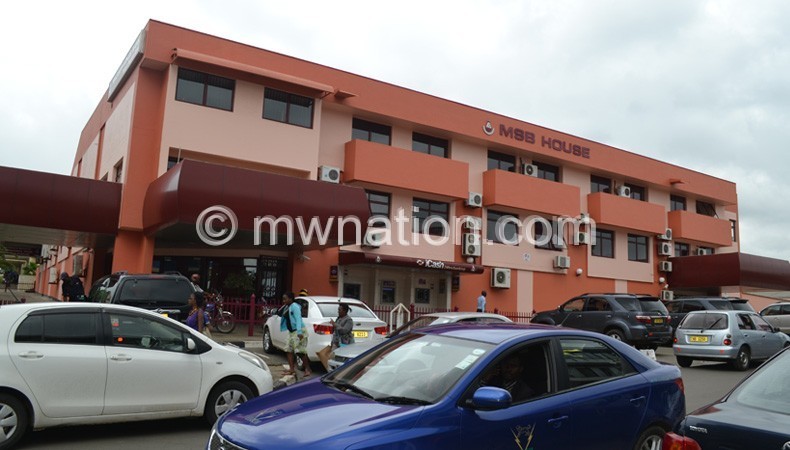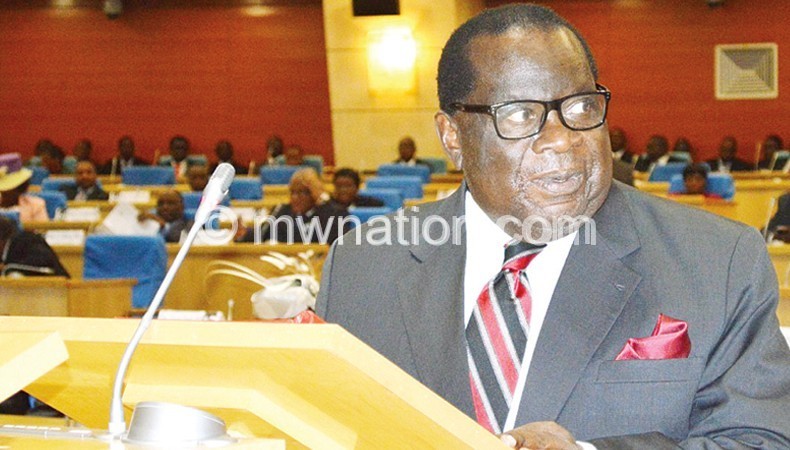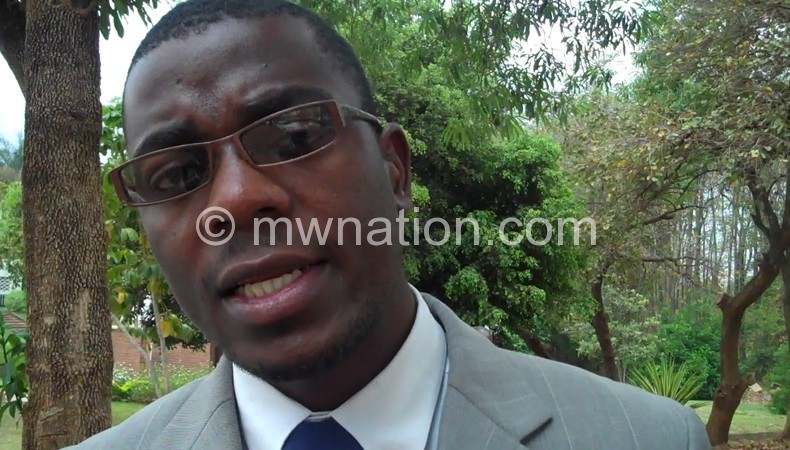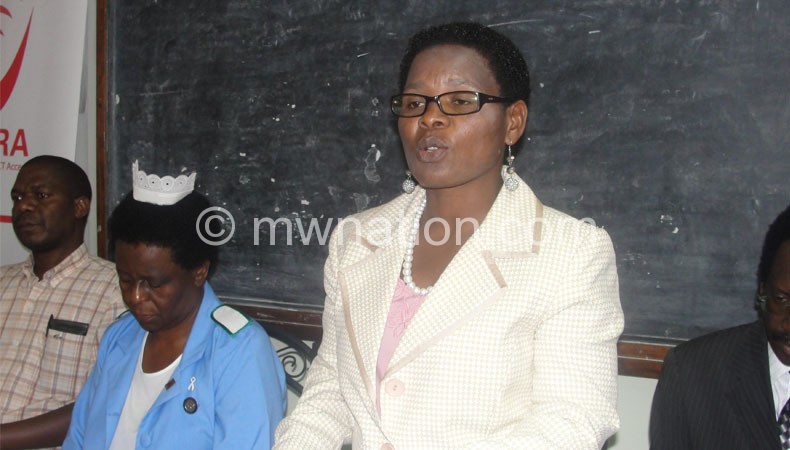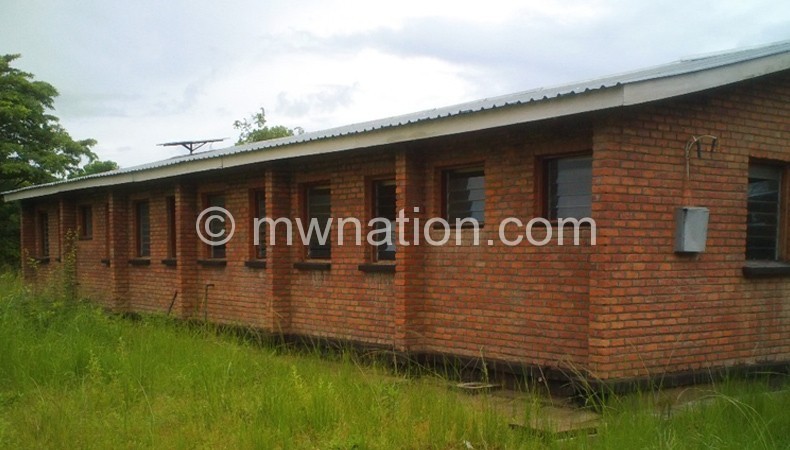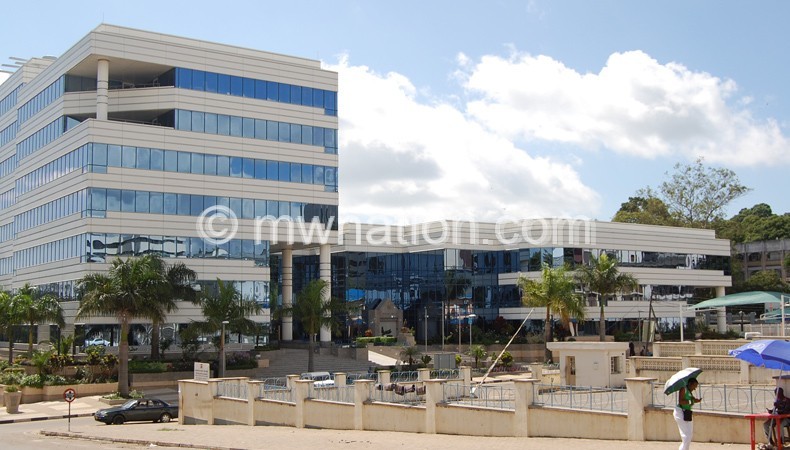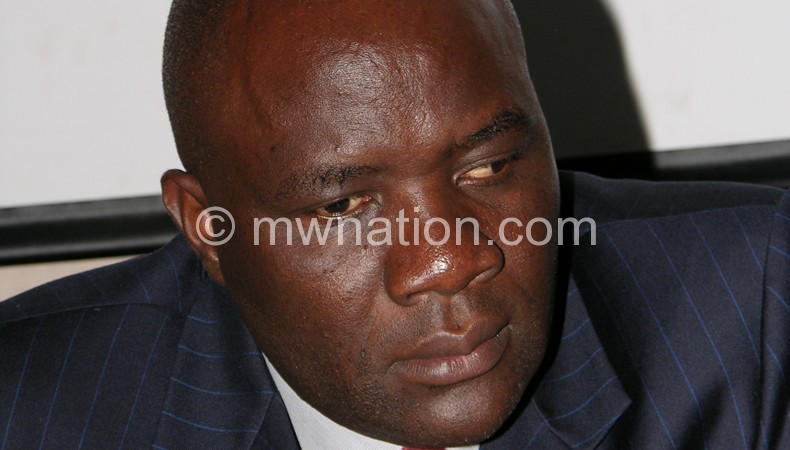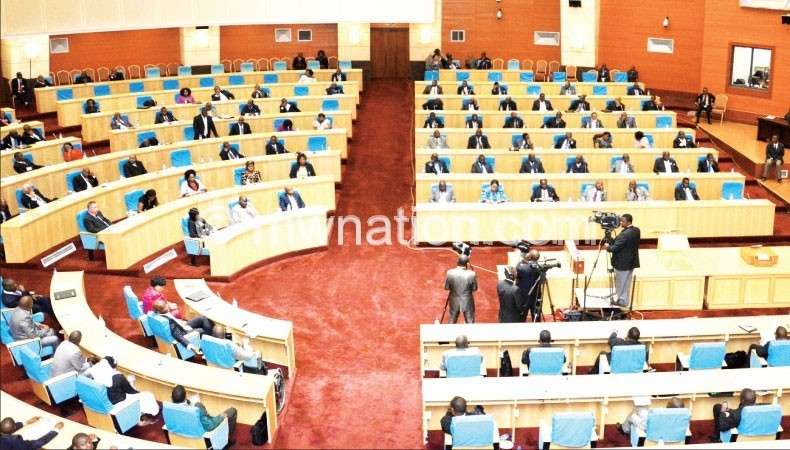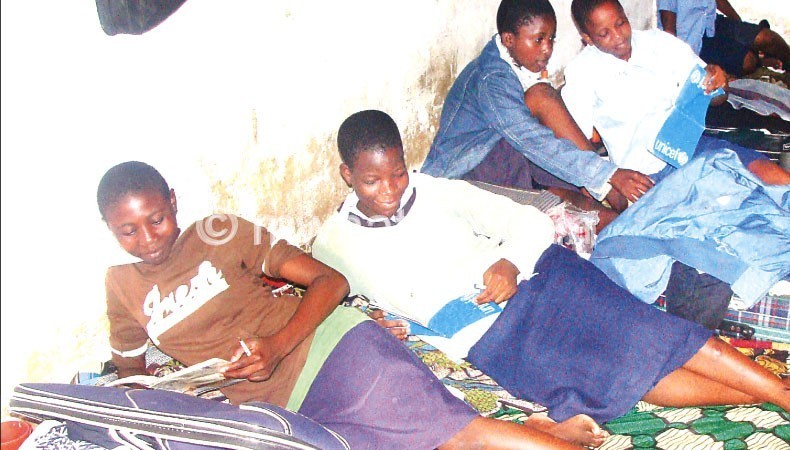![Girls_self_boarding]()
Last year, the Ministry of Education issued a circular condemning self-boarding in community day secondary schools. Weekend Investigate finds out, the situation is just as it was.
————————————————————————–
On July 26, 2014, then principal secretary for the Ministry of Education, Science and Technology Dr Macphail Magwira issued a circular to education division managers reminding them of a ban on operating self-boarding in the schools.
![Girls_self_boarding]() The circular also warned the managers against being involved in any issues concerning girls renting houses close to schools as a result of rape cases at Namikasi Community Day Secondary School (CDSS) in Blantyre.
The circular also warned the managers against being involved in any issues concerning girls renting houses close to schools as a result of rape cases at Namikasi Community Day Secondary School (CDSS) in Blantyre.
According to the ministry’s acting spokesperson, Manfred Ndovi, the circular was issued “after it was observed that some schools were conducting self-boarding without [the] ministry’s consent”.
Ndovi said pupils in self-boarding situations face multiple challenges.
“There is lack of security; alcohol and drug abuse is rampant; there is lack of guidance since the students are neither in the hands of the schools nor their parents leading to exposure to prostitution, poor diet and as they engage in more chores, there is less time for study,” said Ndovi.
Weekend Nation spot-checks in various schools in Neno, Blantyre, Mulanje and Phalombe showed that self-boarding is still thriving as ever, as the ministry has done little to address the problems which force students to opt for the system.
An assessment last year of self-boarding of 135 schools in nine districts by the Kalondolondo Programme uncovered problems such as lack of security, poor quality of accommodation, long distances between schools, congestion at self-boarding facilities, harassment of girl-students by men and lack of basic necessities.
The study showed that only three girls in the sampled schools got below 20 points in Malawi School Certificate of Education (MSCE) examinations and only one girl made it to the University of Malawi from a self-boarding school primarily because of the hardships they face.
Although Ndovi said on Tuesday the ministry is not aware of the continued existence of self-boarding, visits to Namikasi, Thawale in Mwanza and Mpasa CDSS, Migowi CDSS, Ngozi and Nkhulambe CDSS in Phalombe proved nothing had changed.
Same old song
When Veronica Kadeni was selected to Thawale CDSS in Mwanza, mixed feelings engulfed her mind. On the one hand, she saw one door to attain education open.
On the other hand, the idea of walking for two hours from her Thambala Village in T/A Kanduku to the school, and another two hours from the school worried her.
Veronica and her parents were left with one option: She had to go for self-boarding. She is one of 12 girls living in eight rooms owned by Odetta William close to the school.
As Veronica sits on the veranda of the mud and thatch block, she can’t help but look forward to the time she will say bye to the gruelling life of a self-boarder when she sits for her MSCE examinations this year.
“It’s a hard life. In the past two years, five of my friends have dropped out of school due to pregnancies. For ndiwo, we need at least K2 000 a week. Yet some of our parents can’t afford to give us more than K5 000 pocket money per term,” she says.
According to her, studying is difficult as night beer parties in the village are an everyday staple.
Veronica’s story is similar to that of many girls and boys selected to community secondary schools which are situated more than 10 kilometres from their homes.
Brenda Banda, a form four student at Namikasi CDSS, says many girls are being enticed into prostitution to top up what their parents can afford. She says some of her fellow students easily sneak out at night to entertain truck drivers and other older men at a nearby cotton ginnery and road construction camp. The bars stretching across the Zalewa Road are also teeming with men looking for girls from the school.
“At times, the men force themselves on the girls. Some time back, they broke into one of the rooms and raped four girls. Only one managed to escape. Cases of theft and harassment are also common,” says Brenda.
Her story was corroborated by the school’s head of the Parent-Teacher Association, Emma James.
“It happened in 2013, when the culprits broke into a room the girls were renting. They demanded the girls surrender their phones. Finding no valuables as the girls come from poor backgrounds, the men forced themselves on the girls,” said James.
Although the community reported the matter to police, no one has been apprehended, she said.
In the words of Senior Chief Chikumbu of Mulanje, government should deal with the problem of boarding facilities in secondary schools by constructing girls’ hostels in most schools.
Instead of running from the main problem of lack of boarding facilities, government should face it head-on as most of the girls who go to boarding facilities are students, who irrespective of poverty and long distances, have decided to continue with their studies and they need to be encouraged.
Landlords making it big
For landlords, running blocks of single rooms is booming business. One landlord is based in Mulanje but rents out a block of 10 single rooms in Rumphi.
“There is money in it. In our case, we don’t care whether the girls do well in class or not. It is not for us whether they go out with men or bring men and boys into their rooms. It’s none of our concern,” said the landlord, opting for anonymity.
He said he collects K1 000 per room a month. “This helps me pay my father’s water and electricity bills. The students have no option but to rent since their home villages are far from the schools. Most of them are from poor homes and they go out to make money to sustain their stay,” he said.
But Odetta William says she does not want to compromise the girls’ education in her pursuit for money. From two rooms in 2013, she now rents out eight rooms to 12 girls in Mwanza.
“I have set strict rules. Some girls who feel the rules are too harsh do not stay long in my premises. For instance, I do not allow boys near my compound after six in the evening. Neither do I allow the girls to be elsewhere at that time. I am like their mother and father here,” she said.
Civil society open eyes
According to Oyamba Jim Jim, programme officer at the Girls Empowerment Network (Genet), their research on self-boarding in 15 schools in Blantyre and Neno showed high sexual activity and abuse, poor sanitation, living in dilapidated shacks as some of the reasons students in self-boarding situations are more apt to fail.
It complements other studies by the Livinstonia Synod’s Church and Society in Mzimba, Active Youth Initiative for Social Enhancement in Phalombe and Mulanje and Centre for Youth and Children’s Affairs in Kasungu.
Observed Jim Jim: “It is most touching that most of the girls who are just reaching puberty, when their bodies are transforming and the urge for sexual activity is great, find themselves in such situation of seeming liberty, which leads them to succumb to men’s advances. The living standards are so poor.
“In some schools, we found girls sleeping in rooms with no lockable doors; rooms that leaked heavily when it rained; poor ventilation was not strange and in some areas, girls and boys are sharing the same bathrooms and toilets.”
He suggested it was high time government considered constructing more community secondary schools to reduce the distance day scholars have to travel to school. If not, he observed, boarding facilities have to be constructed.
“Currently, government is concentrating on primary school education where classroom blocks and teachers’ houses are being constructed using Local Development Funds. Can we not use the funds for the construction of more community schools and hostels? Education does not end at standard eight,” said Jim Jim.
Kalondolondo Programme manager Jephter Mwanza said the ministry of education has to reconsider its ban on self-boarding.
“Government has no moral authority to ban self-boarding because it still has gaps in ensuring accessible education services and facilities. The ban is like saying all school going kids who stay outside walkable distance from school have been expelled from school until a school is built near their home,” said Mwanza.
Mwanza suggested that schools and community-based stakeholders have to sit together and work out local solutions that can improve security, sanitation of premises as well as protection mechanisms against abuse of girls in self boarding.
“Some communities in Mangochi, Phalombe, Kasungu and Karonga have already done their local bye-laws. I think that’s the way to go. Some schools have formed committees to oversee the welfare of self-boarders,” said Mwanza.
The post Self-boarding woes continue, defying govt ban appeared first on The Nation Online.

